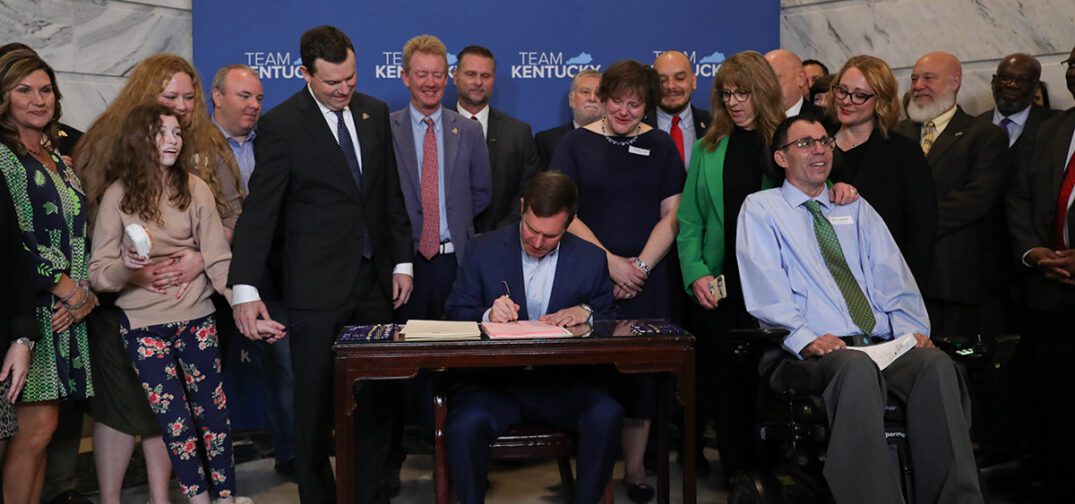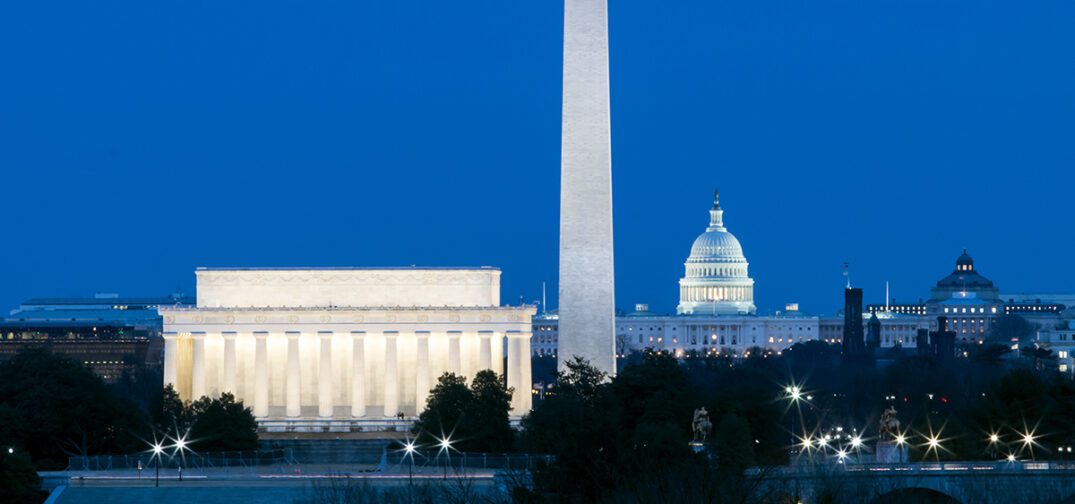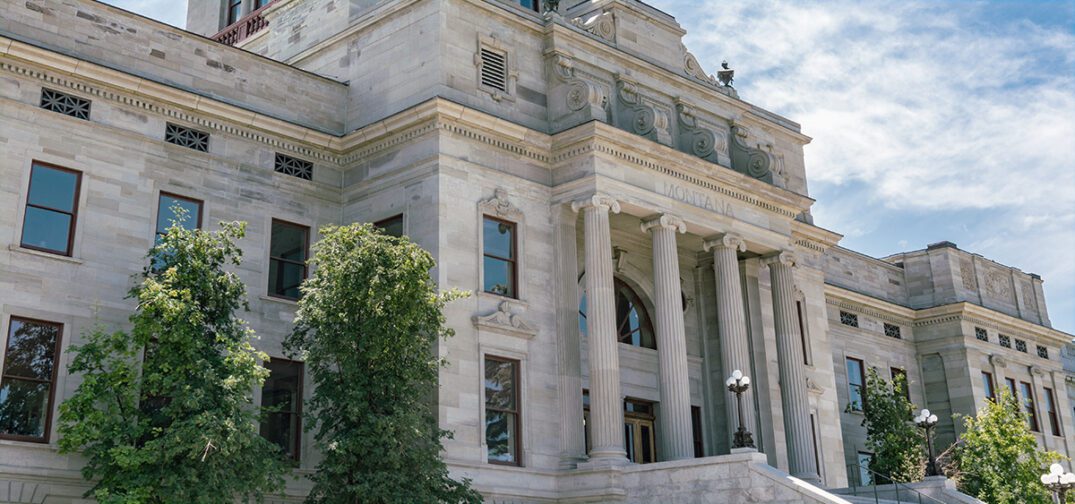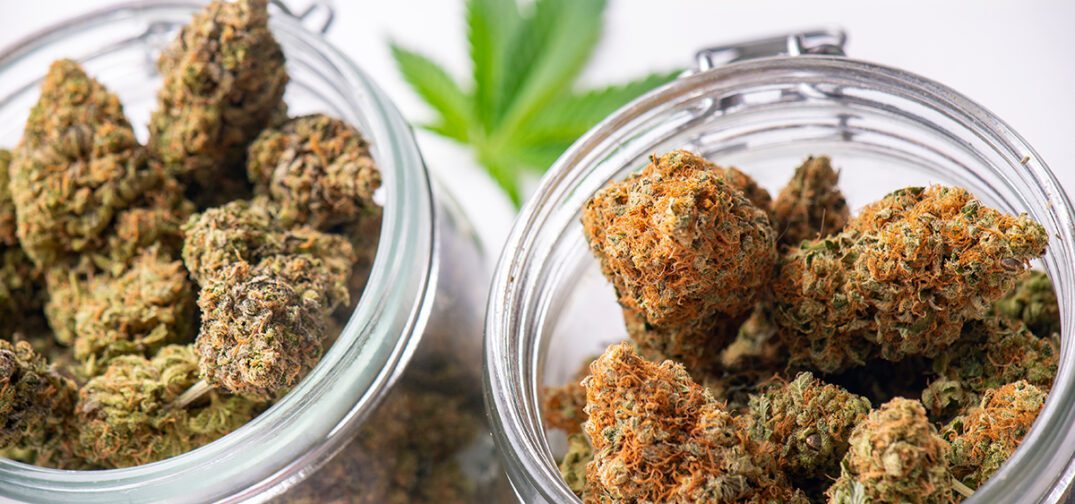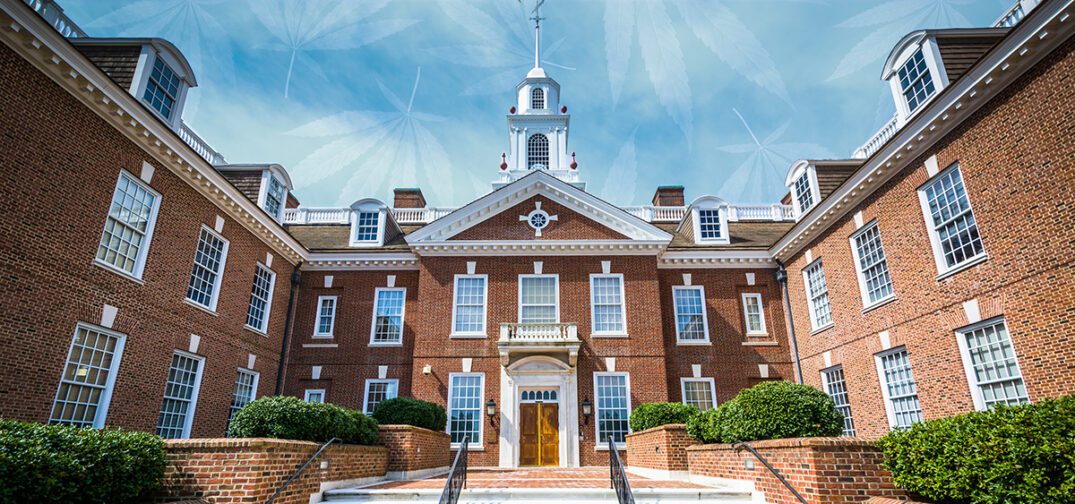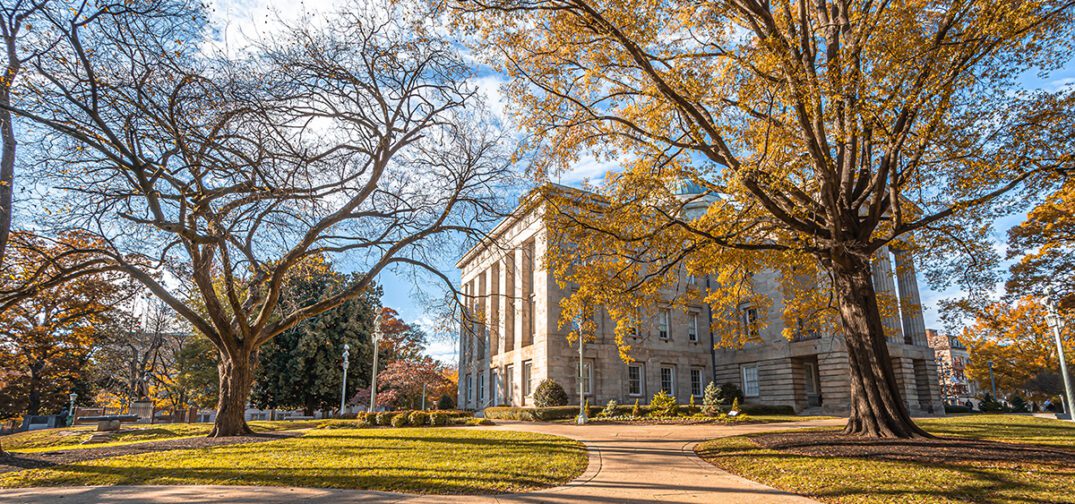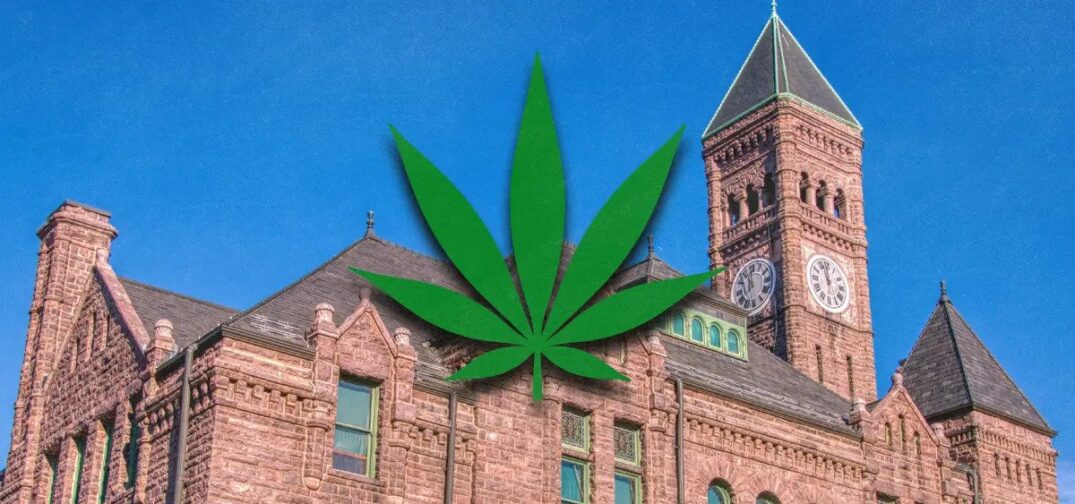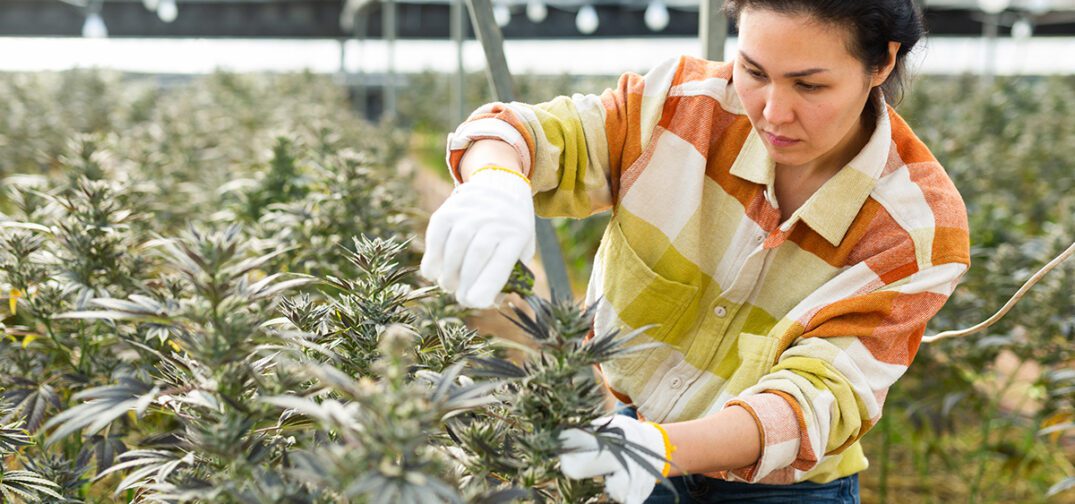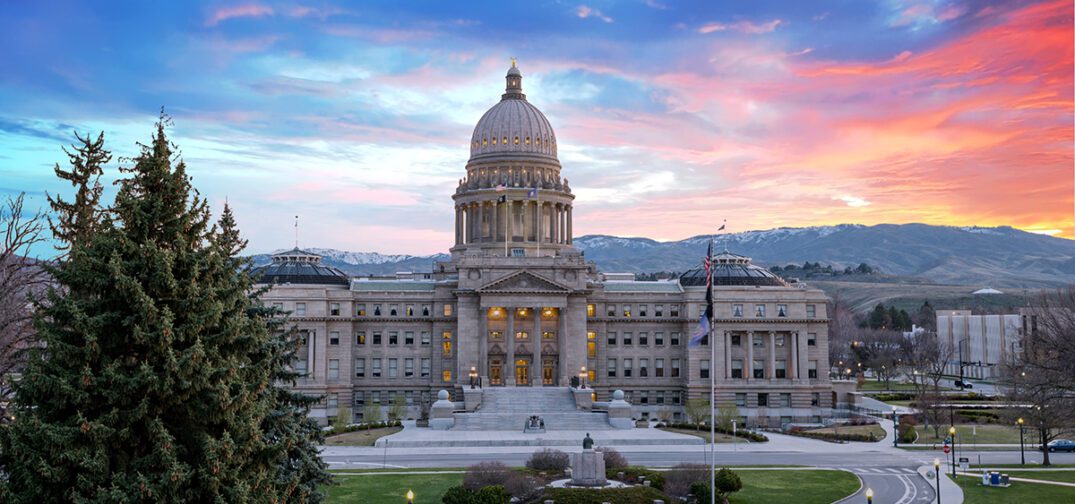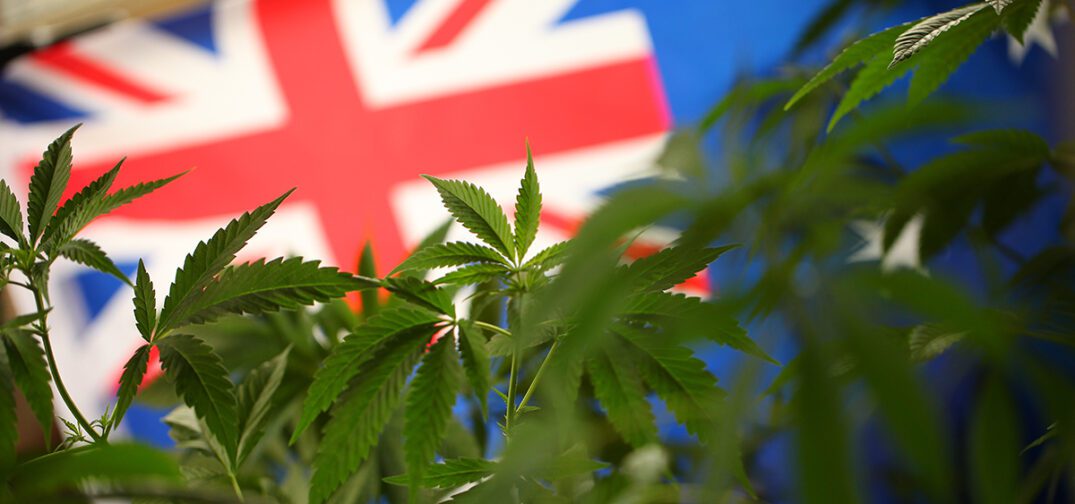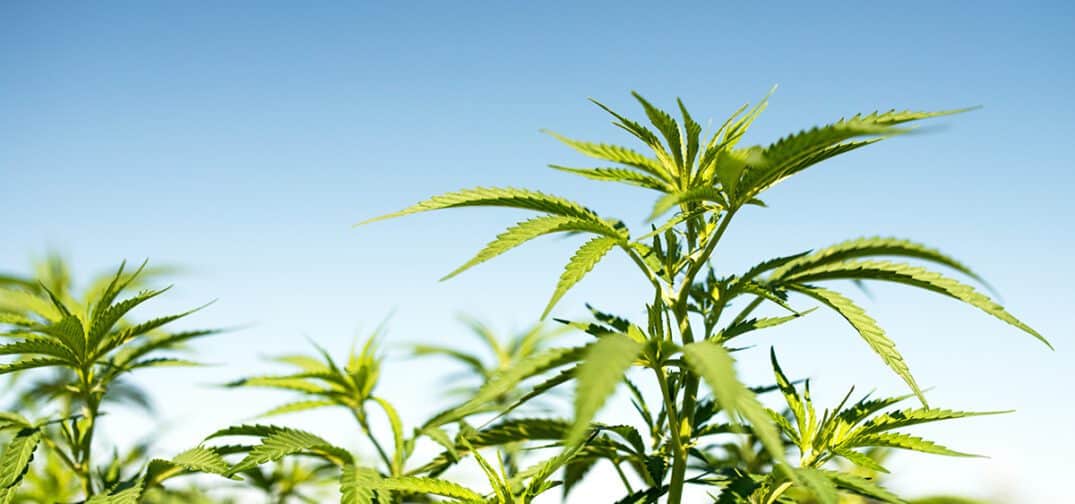Editor’s note: This editorial was contributed by Jessica F. Gonzalez, Esq., Consultant for the New Jersey Business Action Center’s Cannabis Training Academy.
According to the 2022 report, “Diversity, Equity & Inclusion in the Cannabis Industry,” women holding executive positions in the cannabis industry grew by only a percentage point over the past year, to 23.1%. The number is also below national averages for all businesses. The primary goal of the upcoming New Jersey Business Action Center (NJBAC) Cannabis Training Academy is to increase the number of diversely owned businesses.
Various factors have made it more difficult for women to break the “grass ceiling” in the cannabis industry. Gender bias in a traditionally white male, dominated industry makes access to funding for female entrepreneurs more difficult. According to the Harvard Business Review, companies founded solely by women receive less than 3% of all venture capital investments. In addition, regulatory hurdles are complex and constantly changing on both the state and municipal levels, making pivoting and adapting to changing circumstances imperative. Mentorship and networking opportunities are often lacking for women in the industry, though we have seen a significant uptick in women-centric conferences and events led by women-owned organizations. Add in broader barriers, such as social and cultural stigma and lack of education on the cannabis plant and legal policy, and success in the industry can be hard to achieve without proper support.
The NJBAC Cannabis Training Academy aims to help women and communities most harmed by cannabis prohibition arm themselves with tools to overcome these challenges.
My experience as a policy advocate, attorney, owner of a consulting firm and cannabis policy adjunct professor at the forefront of New Jersey’s campaign to legalize adult-use cannabis has given me insight into the challenges women, particularly women of color, face in the industry. My legal and advocacy experience, along with the resources of the New Jersey Cannabis Regulatory Commission, have been utilized to design this comprehensive technical and training program.
The Academy will walk applicants through everything they need to know to submit a complete cannabis application. The 10-week program allows applicants to learn independently. Designed as an asynchronous learning model, it accommodates different learning styles so students can learn in their own way and time. All educational content will also be available in Spanish which is something we rarely see in other technical assistance programs. Applicants will learn how to fill out complex applications, obtain municipal approvals, prepare a business plan, draft standard operating procedures, and understand how to work with other vendors and government agencies. Mentors will be available to answer specific questions and offer non-legal guidance and direction. All classes will be taught by highly vetted and trusted instructors who are in or have supported, taught or consulted about the cannabis industry.
The truth is that women in any industry have historically faced challenges. Thanks to NJBAC’s Cannabis Training Academy, a successful career in the cannabis industry is achievable, whether one wants to touch the plant or not.
Operating under the leadership of Executive Director Melanie Willoughby, the New Jersey Business Action Center, housed within the New Jersey Department of State, is the “one-stop-shop” for businesses to access a variety of resources and support. NJBAC offers no-cost, confidential assistance to help businesses grow. The team helps companies of all sizes save time and money by getting answers from government agencies, directing businesses to appropriate officials and contacts, and facilitating meetings and follow-ups from regulatory agencies.
For information on the NJBAC’s Cannabis Training Academy and how its services can help you start a career in the cannabis industry, please visit nj.gov/state/bac/cannabis or call 1-800-JERSEY-7.
